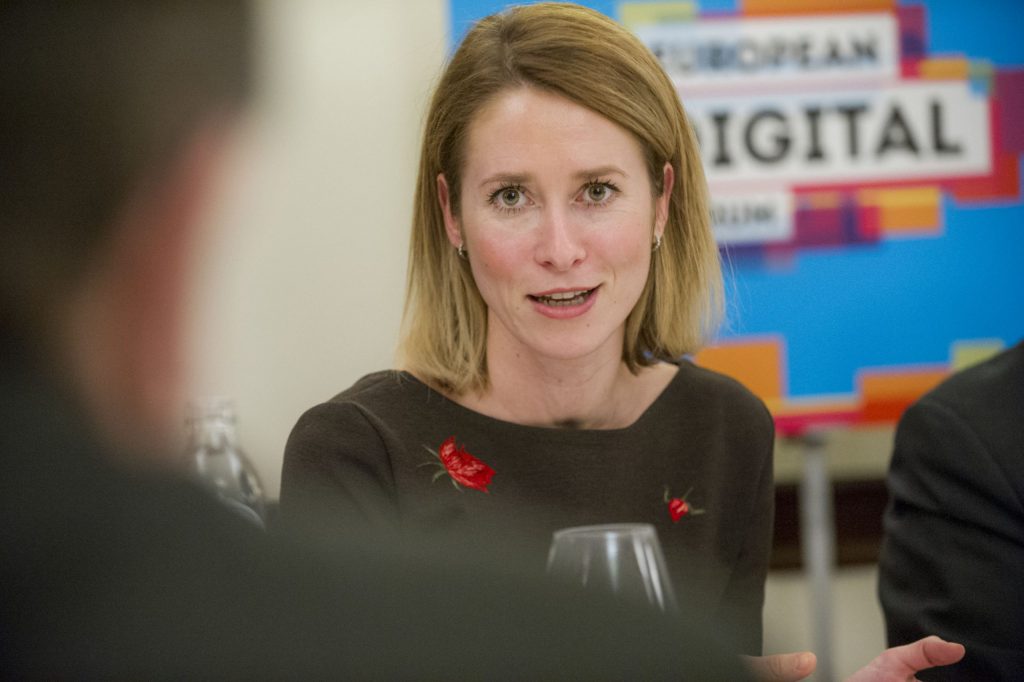March 2016
Making eGovernment a Success: How the European Commission’s eGovernment Action Plan Can Improve Public Service and Deliver

An eclectic group of high-level policymakers, top civil servants and digital reformers met at the High-Level Working Dinner on Making eGovernment a Success to discuss how the European Commission’s eGovernment Action Plan can improve public service and deliver results. Paul Timmers, director for digital society, trust and security at the European Commission’s directorate-general for communications networks, content and technology, kicked off the discussion with a reflection on the Commission’s priorities with regards to eGovernment. Kaja Kallas, vice-chair of the delegation to the EU-Ukraine parliamentary association committee and member of the committee on industry, research and energy at the European Parliament, also joined the debate, which was intellectually informed by Government of the Future: How Digital Technology Will Change the Way We Live, Work and Govern, a European Digital Forum policy brief.